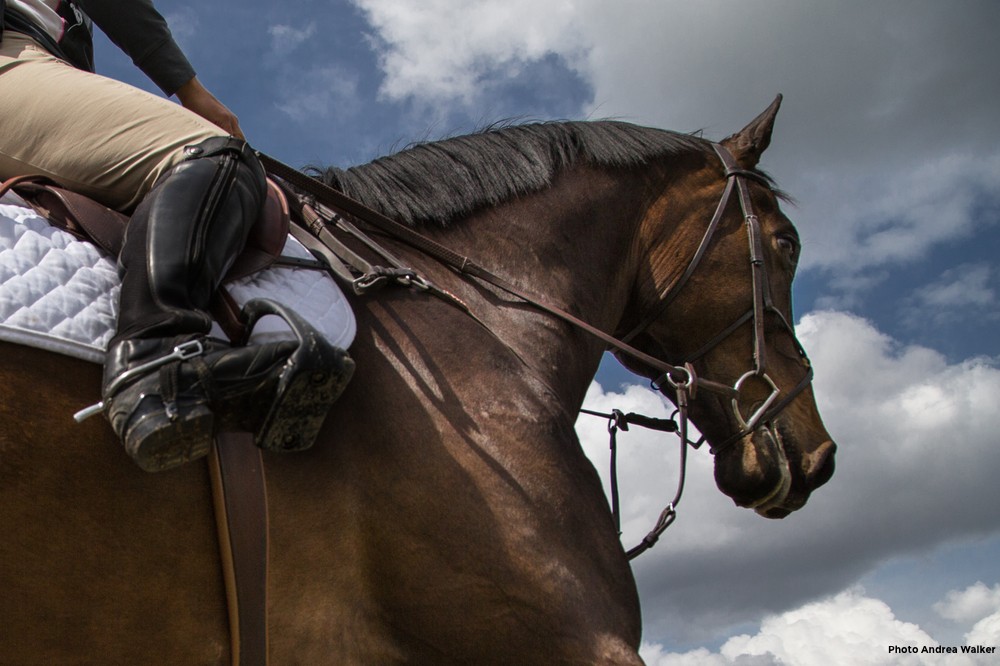Happy Horses: A Look at Equine Ulcers, Presented by Wahl

The dreaded U-word is one that most horse owners have dealt with at one point or another. Ulcers are a common ailment with horses, particularly those who are in high work or high stress environments. According to TheHorse.com, an estimated 50-90% of the horse population has, at some point, displayed gastric ulcer symptoms. Thoroughbred racehorses statistically show the highest occurrence rate of ulcers.
Perhaps one of the biggest topics in horse health center around gastric ulcer symptoms and how to treat them, but there are also ways to support your horse’s digestive system in a way that helps prevent the appearance of ulcers altogether.
For starters, think of what a horse would eat in the pasture. Just as many humans pursue a more “natural” diet, the same can also help your horse’s digestive system. Allowing your horse to have access to free forage is beneficial because it prevents the accumulation of stomach acid, which can in turn cause ulcers. Increasing fiber intake and ensuring access to clean, fresh water will also help prevent gastric ulcers.
If your horse is prone to ulcers or has shown symptoms in the past, take a look at his everyday routine and if there are any factors that could be causing unnecessary stress. Frequent travel, changes in routine, changes in diet, and weather changes are just a few of the things that can affect your horse’s health and predilection for ulcers. In some cases, an overhaul on your horse’s dietary plan can help prevent ulcers.
In the end, you must be aware and willing to make any necessary changes when it comes to preventing ulcers — more often than not, the tube of ulcer preventative that you give your horse before a show will not do much to help if the ulcers are already there. Treat the problem at home and learn how to prevent it before it occurs, and your horse will thank you for it!


